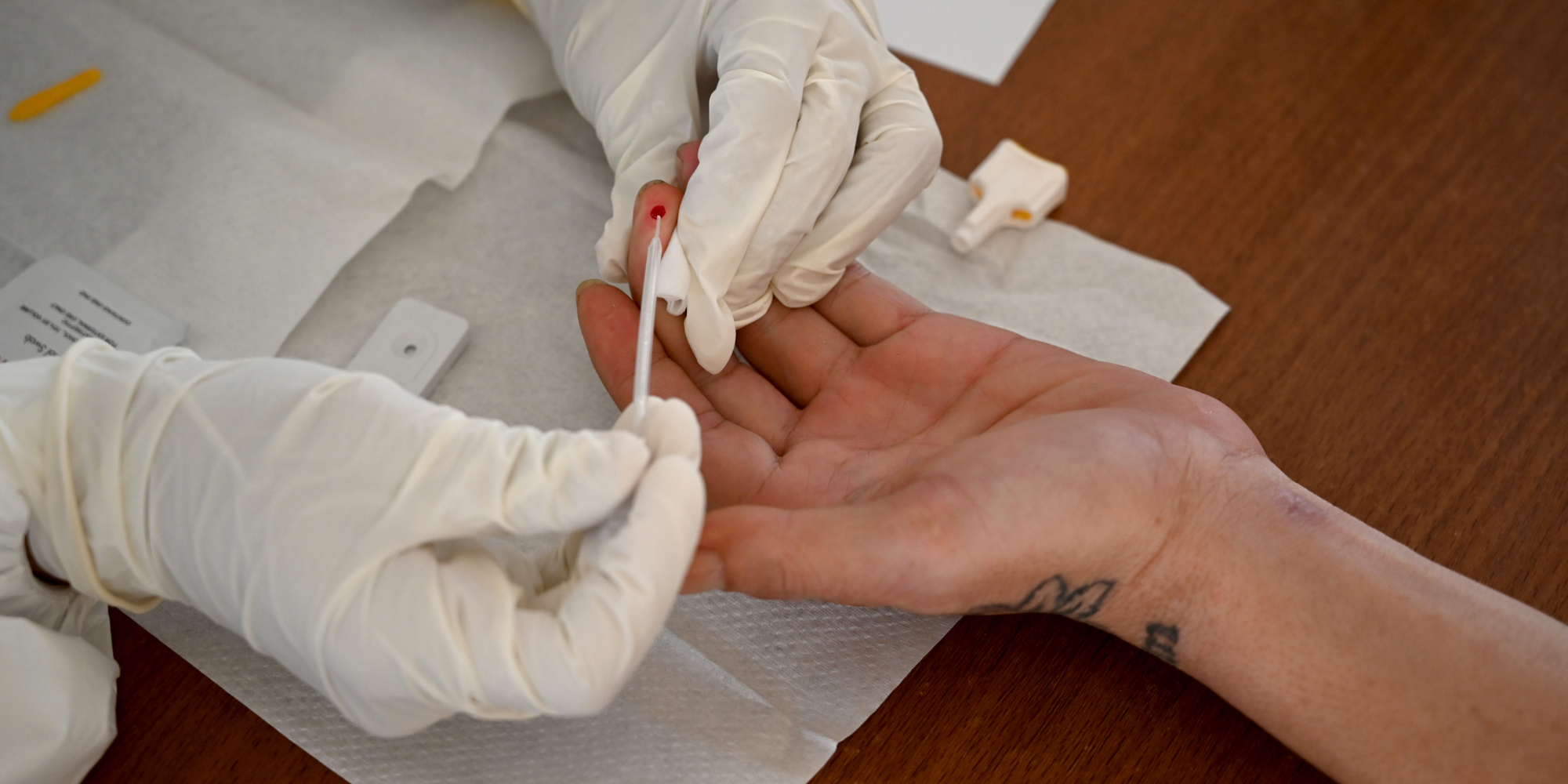Coronavirus tests represent a major challenge in the fight against the epidemic, when more than 30,000 people have died in France. There are two types: virological, via the respiratory system, and serological, via blood. Since Saturday, the latter are available in pharmacies, in a quick version. They can be a solution to find out if you have ever been exposed to the disease.
>> LIVE - Coronavirus: follow the evolution of the situation Wednesday July 15
What are they for ?
Serology makes it possible to have a retrospective diagnosis, i.e. to know if you have had Covid-19 and if you have developed an immunity which should protect you for a certain time (but we do not know how much). When you are sick with coronavirus, you must wait one to two weeks before a possible seroconversion, that is to say to have antibodies that can be detected.
>> Find the morning show in replay and podcast here
How it works ?
Concretely, how does this rapid serology work for the pharmacist? The pharmacist takes a small sample of blood at the fingertip, like diabetics to find out their sugar level. In a few minutes, you have the result. It costs around twenty euros. At this stage, it is not reimbursed by Social Security. You just have to go a little on the fly to your pharmacist. Then there are two scenarios.
How to react according to the result?
If the test is negative: this means that you have not had a virus or at least not enough to develop immunity. You must therefore protect yourself and wear a mask in confined spaces.
If the result is positive: it means that you have had the virus and that a priori, you are protected. But it must be confirmed by laboratory serology, with a real blood test, for two reasons. The first is to be sure that the test is good and that he was not mistaken. The second is to have a record in your file to be followed behind, knowing that people can have consequences. To do this, you must go to your doctor, who will give you a prescription. And under these conditions, you will be reimbursed by Social Security for the laboratory sample.
If you think you had the coronavirus in March, April, May or June and that you could not be tested with a virological test of PCR type, go directly to your doctor to do the serology. It is the same if you have ever had someone in your family or loved one who has had coronavirus. Even if you haven't had any symptoms, go see your doctor. He will make you a prescription and in these conditions, you are a contact case, so you will be reimbursed.
For everyone else, if you have no symptoms and you have not been in contact with anyone sick or at least not to your knowledge, you can, out of curiosity, go to the pharmacy to do this rapid serological test. At worst, it costs around twenty euros. You do not risk much except to be informed about your status. If you are negative, continue to protect yourself.

